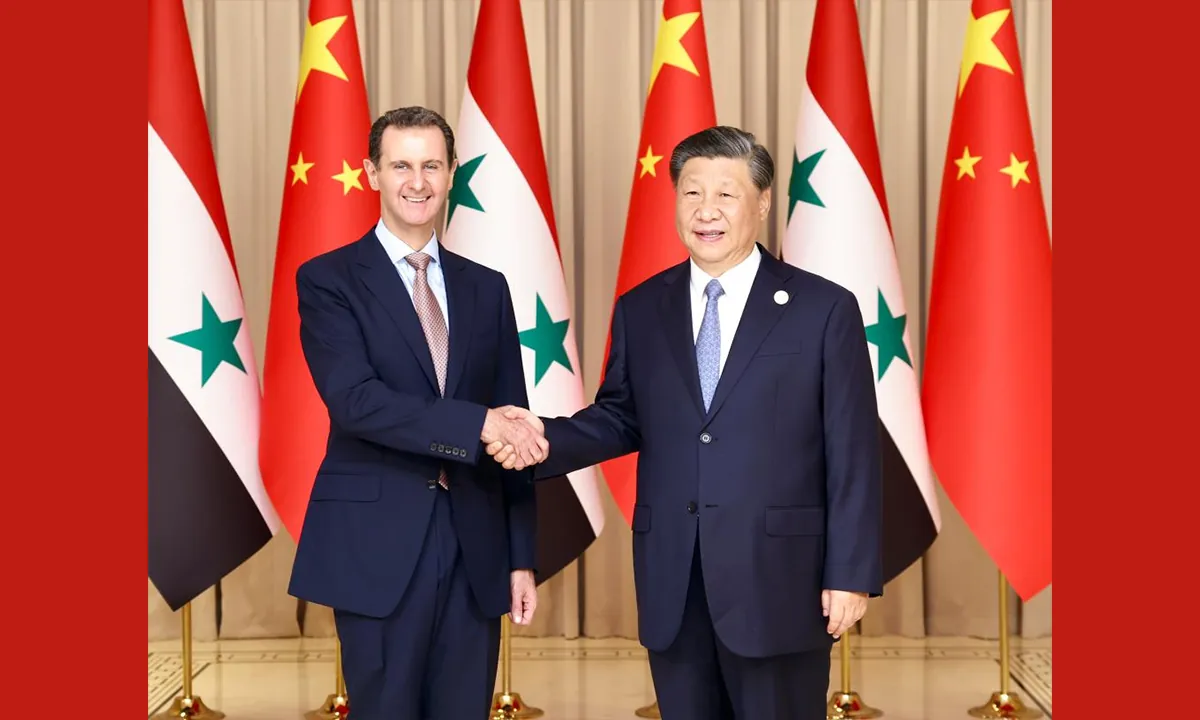China's Middle East plans shake up as Assad's 50-year dynasty ends
After hosting Syrian leader last year China faces unexpected shift in its Middle East strategy. Recent events in Damascus show limits of Beijingʼs influence in region despite its diplomatic efforts

Just months after Xi Jinping hosted Bashar al-Assad in China the Syrian leaders rule came to an unexpected end (his family controlled Syria for half-a-century). During that visit to Asian Games Assad and his wife got red-carpet treatment; Xi promised help with rebuilding and support against foreign meddling
The quick fall of Damascus to rebels this week shows the real limits of Chinaʼs power in Middle East — a region where Beijing tried to show its growing influence. Last year China made headlines when it helped Saudi-Arabia and Iran become friends: their deal was seen as proof that Beijing could fix regional problems
- China tried to fix Palestinian groups problems
- Beijing wanted to stop Gaza fighting
- Chinese diplomats went back-and-forth between countries
- Nothing really changed after all that work
Chinaʼs foreign ministry dont want to say much about Assadʼs fall; they just talk about keeping Chinese people safe and finding a way to make Syria stable again. Its clear Beijing will take its time before saying anything about new Damascus rulers
The money part is also tricky for China. Syria joined Chinaʼs big Belt-and-Road project back in 22ʼ but Chinese companies stayed away — partly because of sanctions but also because Beijing is more careful with risky investments these days (the Chinese economy isnt as strong as it was 10 years ago when they started the project)





























